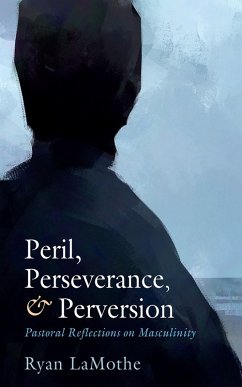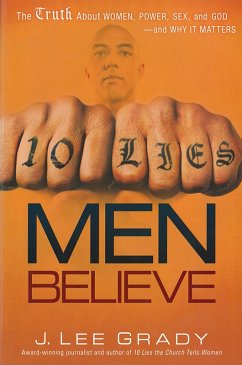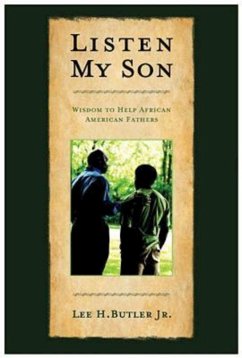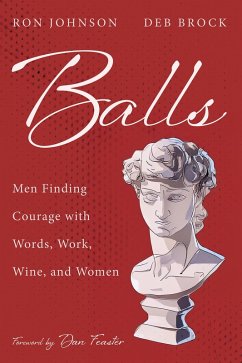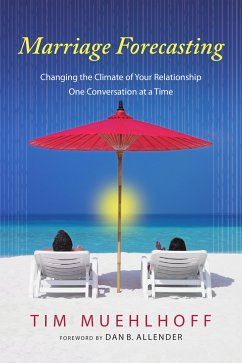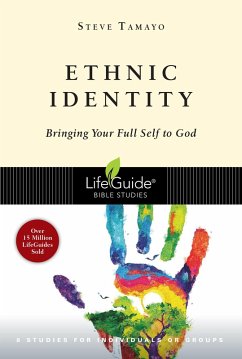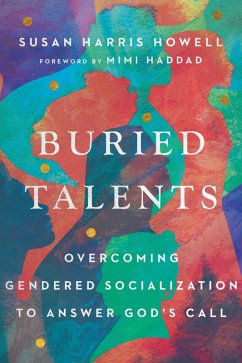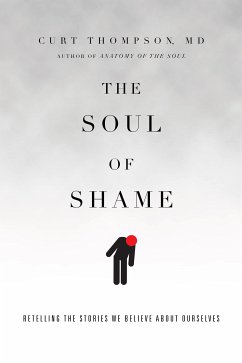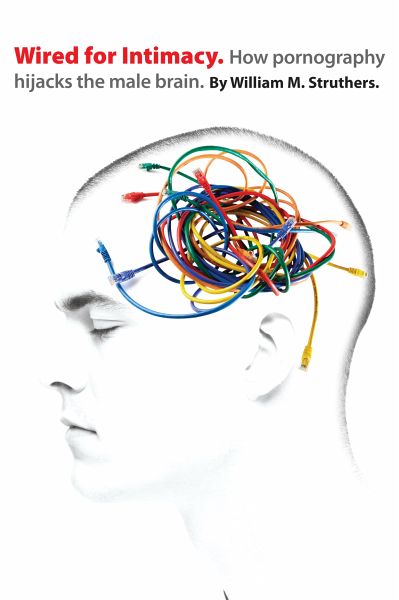
Wired for Intimacy (eBook, ePUB)
Versandkostenfrei!
Sofort per Download lieferbar
18,95 €
inkl. MwSt.
Weitere Ausgaben:

PAYBACK Punkte
9 °P sammeln!
Pornography is powerful. Our contemporary culture as been pornified, and it shapes our assumptions about identity, sexuality, the value of women and the nature of relationships. Countless Christian men struggle with the addictive power of porn. But common spiritual approaches of more prayer and accountability groups are often of limited help.In this book neuroscientist and researcher William Struthers explains how pornography affects the male brain and what we can do about it. Because we are embodied beings, viewing pornography changes how the brain works, how we form memories and make attachm...
Pornography is powerful. Our contemporary culture as been pornified, and it shapes our assumptions about identity, sexuality, the value of women and the nature of relationships. Countless Christian men struggle with the addictive power of porn. But common spiritual approaches of more prayer and accountability groups are often of limited help.In this book neuroscientist and researcher William Struthers explains how pornography affects the male brain and what we can do about it. Because we are embodied beings, viewing pornography changes how the brain works, how we form memories and make attachments. By better understanding the biological realities of our sexual development, we can cultivate healthier sexual perspectives and interpersonal relationships. Struthers exposes false assumptions and casts a vision for a redeemed masculinity, showing how our sexual longings can actually propel us toward sanctification and holiness in our bodies.With insights for both married and single men alike, this book offers hope for freedom from pornography.
Dieser Download kann aus rechtlichen Gründen nur mit Rechnungsadresse in A, B, BG, CY, CZ, D, DK, EW, E, FIN, F, GR, HR, H, IRL, I, LT, L, LR, M, NL, PL, P, R, S, SLO, SK ausgeliefert werden.




